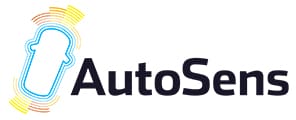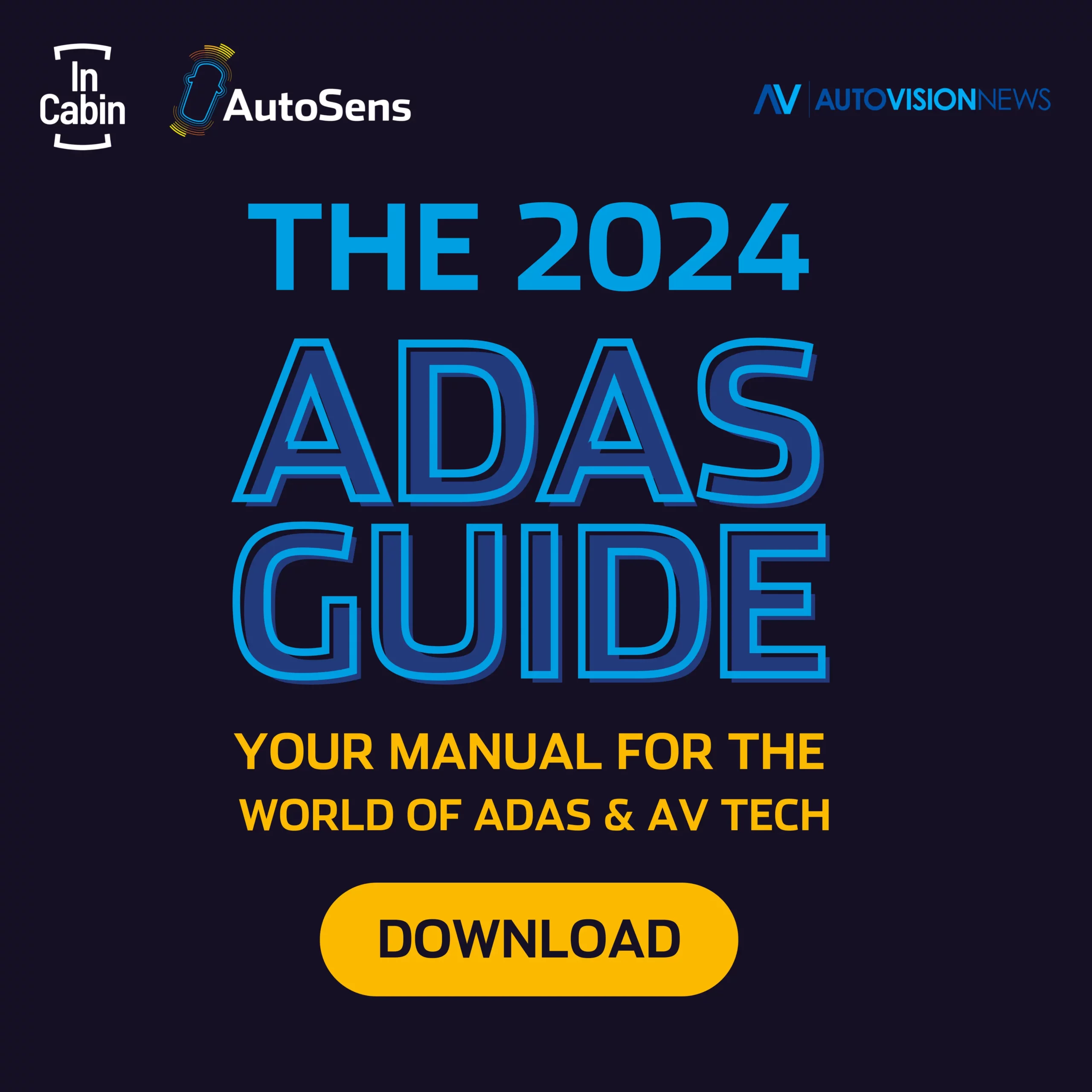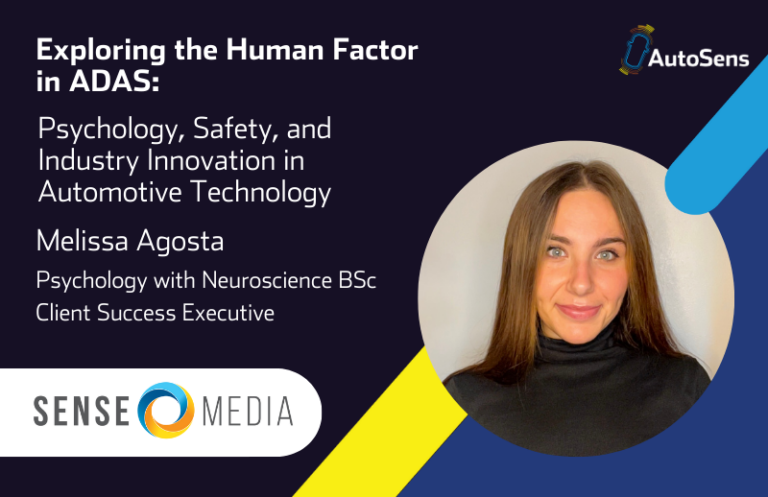 Professional engineers from across the international realm of automotive technology gathered at the Brussels Atomium this week (20 Sep 2017) to celebrate the brightest minds, best companies, smartest organisations and most influential projects developing state-of-the-art autonomous vehicle technology for the next generation of vehicles. Awards were presented in eight categories to some of the smallest start-ups, industry’s biggest corporations and leading academics as well as reporters covering the latest developments as the automotive industry undergoes its most dramatic change in 130 years.
Professional engineers from across the international realm of automotive technology gathered at the Brussels Atomium this week (20 Sep 2017) to celebrate the brightest minds, best companies, smartest organisations and most influential projects developing state-of-the-art autonomous vehicle technology for the next generation of vehicles. Awards were presented in eight categories to some of the smallest start-ups, industry’s biggest corporations and leading academics as well as reporters covering the latest developments as the automotive industry undergoes its most dramatic change in 130 years.
The ‘Hardware Innovation Award’ was received by Renesas for its new autonomy-focussed processors, with the judging panel being impressed by its continuing and steadily increasing investment in the autonomous processing space, particularly in its latest processors which offer impressive performance to power consumption ratios. STMicroelectronics’ imaging division was highly commended for creating novel LED-Flicker-free camera solutions.
Receiving the ‘Software Innovation Award’ was Nauto for its novel approach to data gathering, artificial intelligence processing and the development of new approaches to road safety, fuel economy and emissions reduction in vehicle fleets. Open Robotics was highly commended for its army of unpaid software developers, a long-lived community effort, and mature set of ROS and Gazebo tools that are freely available and widely used in academia and R&D community.
Algolux received the ‘Most Exciting Start-up Award’ for its machine learning innovations using new image processing methods, with Innoviz Technologies being highly commended for a small company showing real professionalism and determination that has really paid off this year, having secured major investors and international visibility.
For the ‘Game Changer Award’ the judges congratulated Tesla as a disruptive and positive influence on the automotive industry, in particular its ability to coelesce technological innovation and consumer demand to create new products, stimulate public interest and accelerate acceptance of new ideas. The judges were also pleased to highly commend Brian Deegan for his contributions to the IEEE Standards Association, where he serves the working group on automotive system image quality.
The ‘Greatest Exploration Award’ was presented to physicist, researcher and lecturer Paul Jennings and his team at WMG at the University of Warwick for their collaborative world-class research involving six academics, 25 researchers and 40 postdoctoral students in multiple projects funded through government, commercial and academic partnerships. Waymo was highly commended for its growing impact and influence in the traditional automotive supply chain, approach to its various innovative technologies including Firefly, and its lead in many areas serving as a catalyst for change to a larger, older industry.
‘Best Outreach Project’ was presented to SAE International and General Motors for their student engagement programme known as AutoDrive Challenge, which albeit in its early stages, is already laying the foundations for whole careers and is proving an ideal training ground for future professionals in the field of connected and autonomous vehicles. Freeburn Robotics’s Formula Pi project, run from a small industrial unit by a team of three people in rural England, and currently the largest manufacturer of driverless cars in the world, albeit small ones, was highly commended for providing an inspiring model of community engagement, competition and education, supporting hundreds of people aged from 5 to 95 in getting access to and learning about driverless vehicle technology and programming.
The award for ‘Most Engaging Content’ was presented to industry specialist Vladimir Koifman editor Image Sensors World, with Junko Yoshida of EE Times being highly commended. The judges considered all media channels including articles, news, features, opinion, research, blogs, case studies and more. The channels had to be freely available thereby inspiring readers to learn, come back, and spread the knowledge gained.
The receipient of the AutoSens ‘Best in Show Inspiration Award’, selected from all nominees was presented to respected voice and established author Chris Anderson chief executive of 3DR – a major player in the development of commercial UAVs, including his open source development of DroneCode, community engagement at events and online, and collection and dissemination of knowledge primarily through the DIY Robocars website, as well as his support for the self-racing cars community in California.
These inaugural industry awards, which form part of the international AutoSens vehicle perception conference and exhibition, and a first of their kind for a rapidly evolving industry, were judged by an expert global panel drawn from vehicle OEMs, Tier 1s and Tier 2s, industry organisations and academia.

Conference director, Rob Stead, managing director of Sense Media Group, was delighted at the high calibre response and industry support for the awards. “The process began in January when we started to collect nominations from right across industry and academia. As the nominees were whittled down through shortlisting and eventually down to the very top nominees chosen by our judging panel, I was really happy to see such an incredible standard running throughout every category and nominee.”
Shortlisted nominees comprised Stephan Giesler editor 2025AD, the UK’s Transport Systems Catapult, Carl Anthony author Automoblog.net, NVIDIA PX2 platform, FlexISP, Deep Learning Institute and Inception Programmes, GeoSemiconductor eWarp technology, Gentex Corporation, Mogol’s CTM, Codeplay Software, Argus Cyber Security, CardioID, Mogol, Machines with Vision, Brian Deegan from Valeo, Uwe Franke of Daimler AG, Ulrich Seger of Robert Bosch, University of Leeds, University of Washington, Oak Ridge National Laboratory, and AdaptIVe Automated Driving.
The AutoSens Awards 2018 are open for nominations at https://auto-sens.com/2018-award-nominations/






